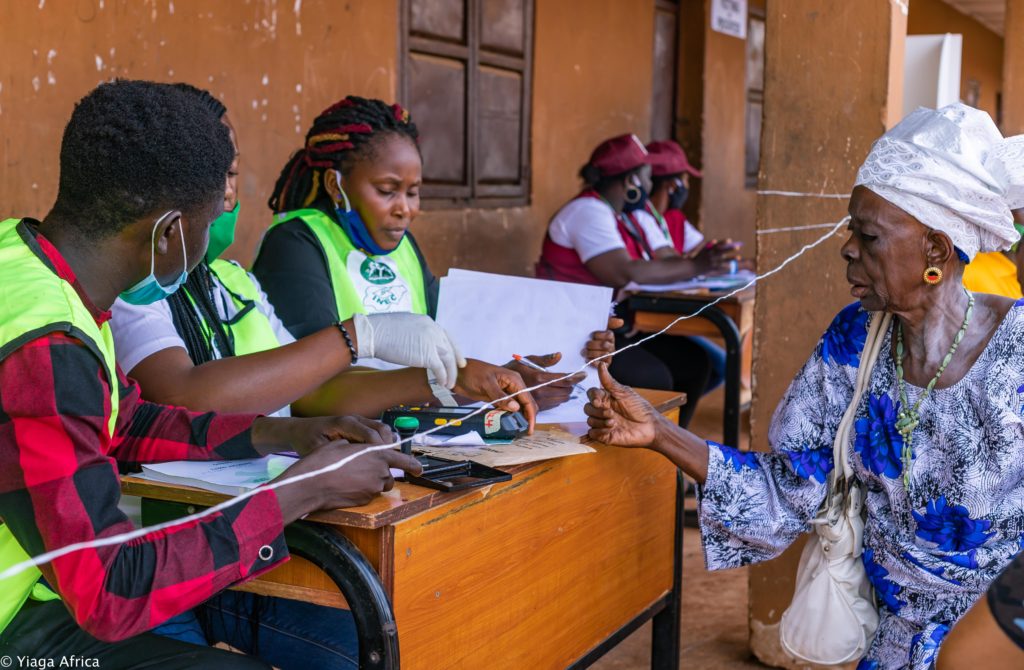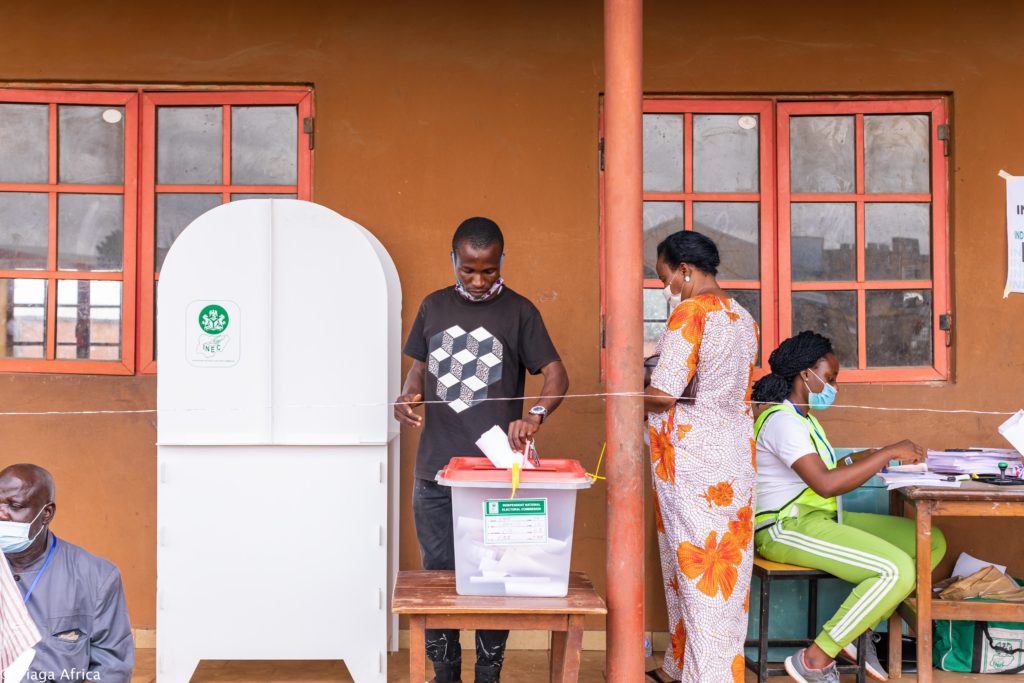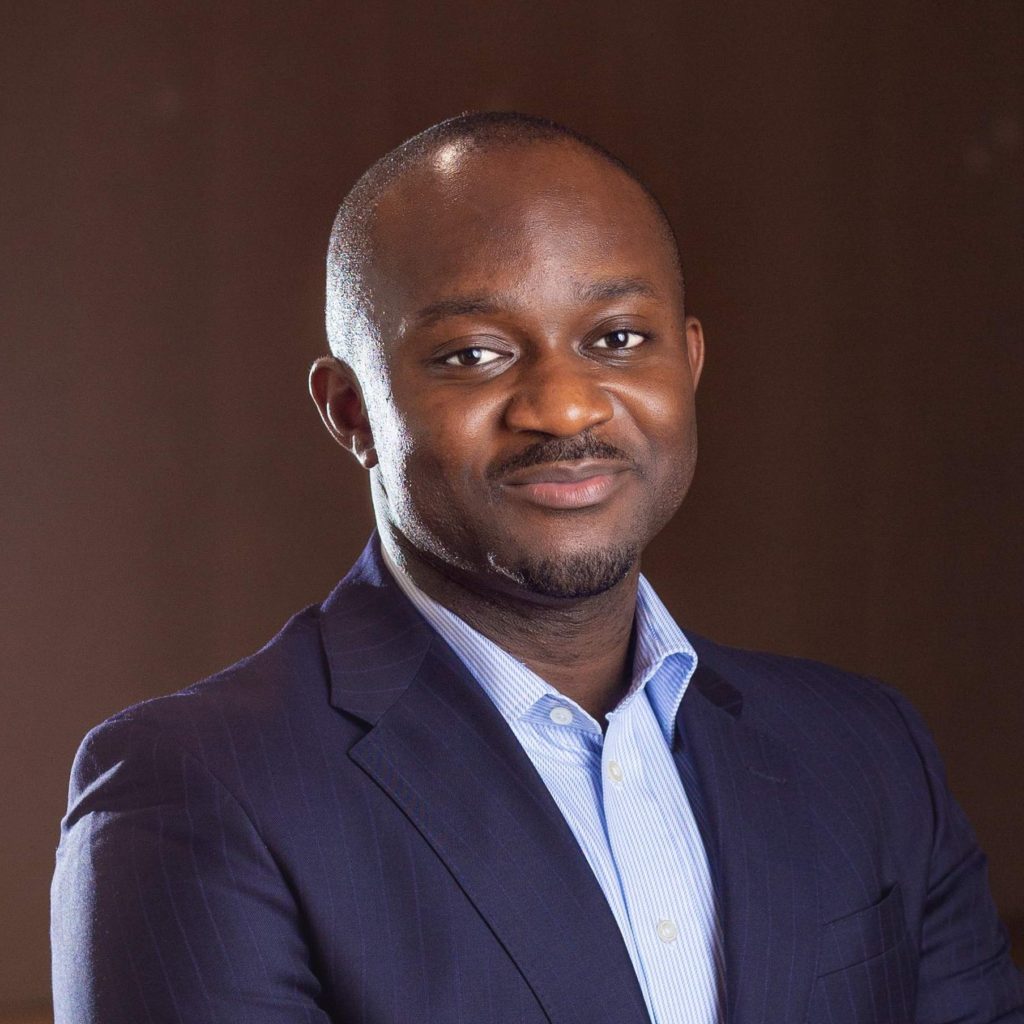In the Oxford Handbook of Nigerian Politics, my good friend Eghosa Osaghae wrote a compelling chapter about Nigeria’s “epochs.” I have been thinking about the epochs associated with democracy and governance assistance, and democracy promotion in general. In the early years, much of this work was viewed with suspicion. Members of President Carter’s national security team had advocated for human rights as a wedge of sorts against the Soviet Union, not necessarily for advancing democracy. In the 1980s, the intelligence community stirred up a violent mess in Nicaragua’s neighborhood. My good friend, David MacMichael, the CIA’s Senior Estimates Officer for Central America (who recently passed away), testified before the World Court about the contra’s violations of international law. Democrat Rep. Paul Kanjorski regularly called for abolishing the National Endowment for Democracy.

Then in the 1990s an emphasis on civil society emerged, in part because some of the early democratization successes at that time came from activists in places such as Benin and Poland – many of whom had little connection to the US. In Washington there was a presumption that nations needed a strong civil society as a counterforce to strong states that had only recently been undemocratic. This overlapped with western efforts to encourage free markets, so the left’s suspicion lingered on – often validated in by the pain from Structural Adjustment Programs.
When I arrived in Nigeria at the end of the decade, the democracy industry was focused on “capacity building,” a sensible shift that led to a state-bias of sorts when Bush launched the war on terror. Strong states were needed to defeat non-state actors like al-Qaeda, and this mean the projection of state sovereignty over space. So there were lots of discussion about “ungoverned spaces” with the assumption that they were breeding grounds for violent movements. Stewart Patrick helpfully cast doubt on this in Weak Links. Nevertheless, “strong states” were back in vogue.

The current epoch rests on previous capacity building efforts, some of which were successful. For example, skills transfer is less central compared to cooperation; there appears to be a stronger sense of equality between the donor and the recipient in D&G work. In Nigeria, many local partners are now implementing work that was once the domain of beltway bandits, doing a lot of the heavy lifting and technical implementation. This is progress.
But as Chris Walker and others have pointed out, now democracy promotion coexists alongside an internationalization of autocracy. All of the above work on behalf of democracy operated on alliances with state reformers, civil society, and private sector actors who favored democracy. (On the latter I recommend Leo Arriola’s book, which shows how important business coalitions in Africa are for emergent opposition parties.) Transnational diffusion was part of democratization, as Levitsky and Way demonstrated. But from the practical point of view of democracy assistance, the US could until recently focus primarily – not entirely – on domestic conditions.
In conversations with USG officials over the last few months, I have emphasized that in the context of authoritarianism being actively exported, we can no longer presume a strong international norm that elections must be free and fair. The power of embarrassment and external legitimacy brought by international observer missions is weaker than it was just a few years ago. IOMs cannot be business as usual, following a template of optimism about youth, technical support for parallel vote counts, and party pledges to engage in peaceful campaigns – though all of those things are still necessary. (Both Afrobarometer and World Values surveys show some alarmingly weak support for democracy among youth.) The shock of the Ukraine war caught the democracy promotion industry off guard. Suddenly, exporting autocracy is not just about “sharp power” sharing of technology for spying on activists or shutting down the internet – it went kinetic. Countries are actively exporting autocracy, and the true meaning of Russia’s war in Ukraine is that they are willing to do it by force if necessary.
Shortly after the invasion began, I joined a call with democracy activists in Ukraine, who pleaded with the audience: we are not simply defending our country, we are defending democracy for you as well. Freedom House makes precisely that point in a new report.
How should democracies and democrats respond? The State Department’s Global Engagement Center is promising, a place where USG can counter mis/disinformation. I was also inspired by Larry Diamond’s recent call at a DC event for a new “USIA on steroids.” But the programmatic and organizational work to counter authoritarianism needs to flow from a broader strategy, and this broader vision still has not quite emerged from President Biden’s Democracy Summit and the related follow-up. This should follow from rich, innovative thinking about the relationship between information and participation, with the presumption that fact checking will not be enough. To understand how to confront fake news and disinformation, foreign policy will need a new wave of social science research that scales up findings that are slowly emerging from psychology about how to change people’s minds. (Kudos to Samantha Power for placing a behavioral economist into a high ranking position at USAID this week.) The vision must also include resources and policy guidelines for what the Carnegie Endowment for International Peace is calling “anti-coup” strategy. I was encouraged by the strong language in the White House’s Africa Strategy saying that the US “will condemn human rights violations and coups by security forces….” But I was then discouraged by the State Department’s recent response to Burkina Faso. The word “coup” appears nowhere in the October 1 statement on “the situation in Burkina Faso.” It should have.
To connect all this with a broader foreign policy, traditional D&G implementers need to sustain a level of independence from the USG which risks being lost in the scramble for contracts. The Democratic Erosion project is an important step in that direction. There is a danger that a new era of democracy promotion could spillover into the more antagonistic elements of grand strategy vis-à-vis China or Russia. This would unfortunately not merely be a competition of ideas or models of governance. We don’t want a new cold war.
Biden’s African Leaders Summit needs to be a venue for bringing together conceptual thinking, shared strategic principles. The programmatic work of D&G traditionally thrives on depth, individuals immersed in the operations of freedom. To defend and expand democracy around the world, it will also require breadth.


